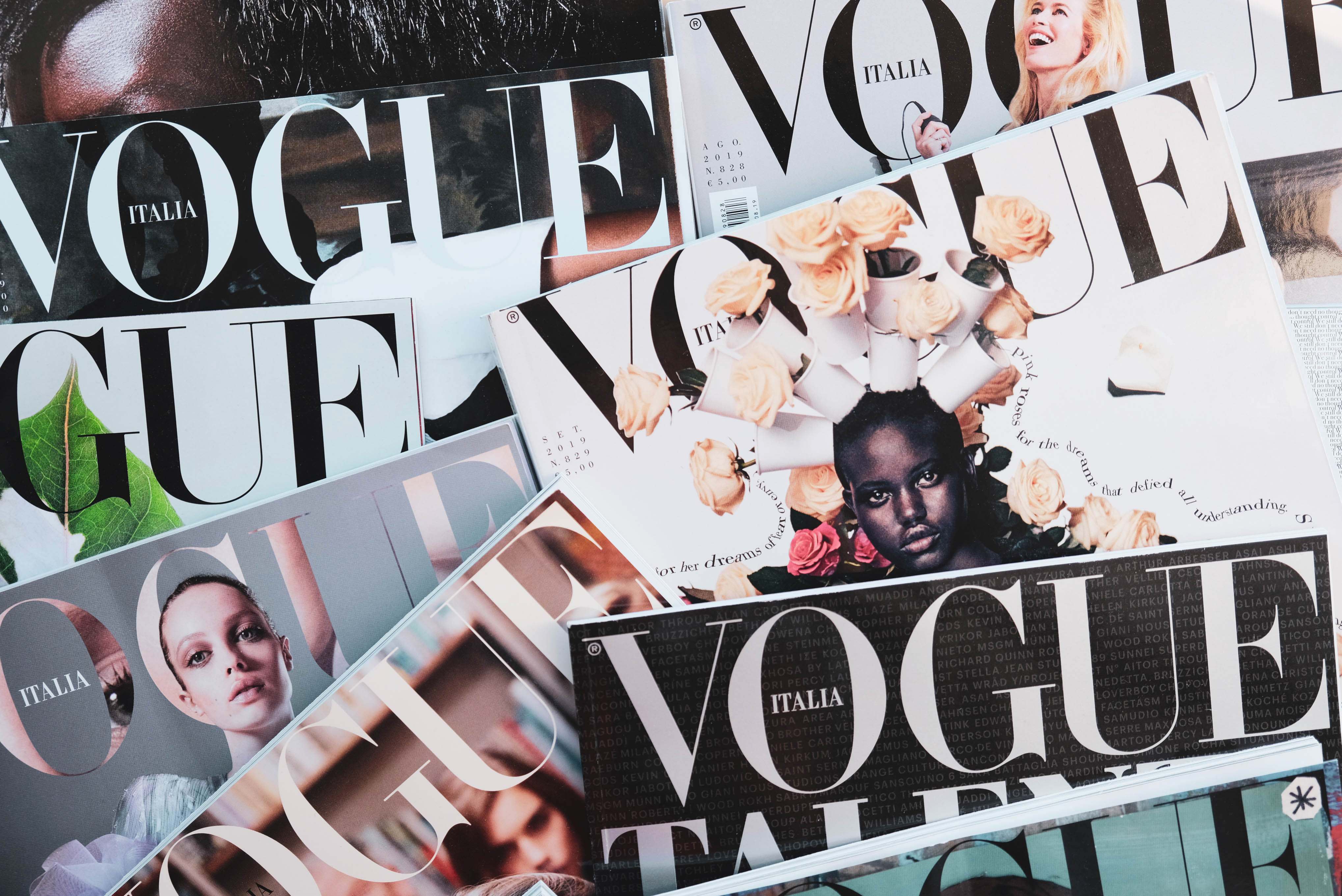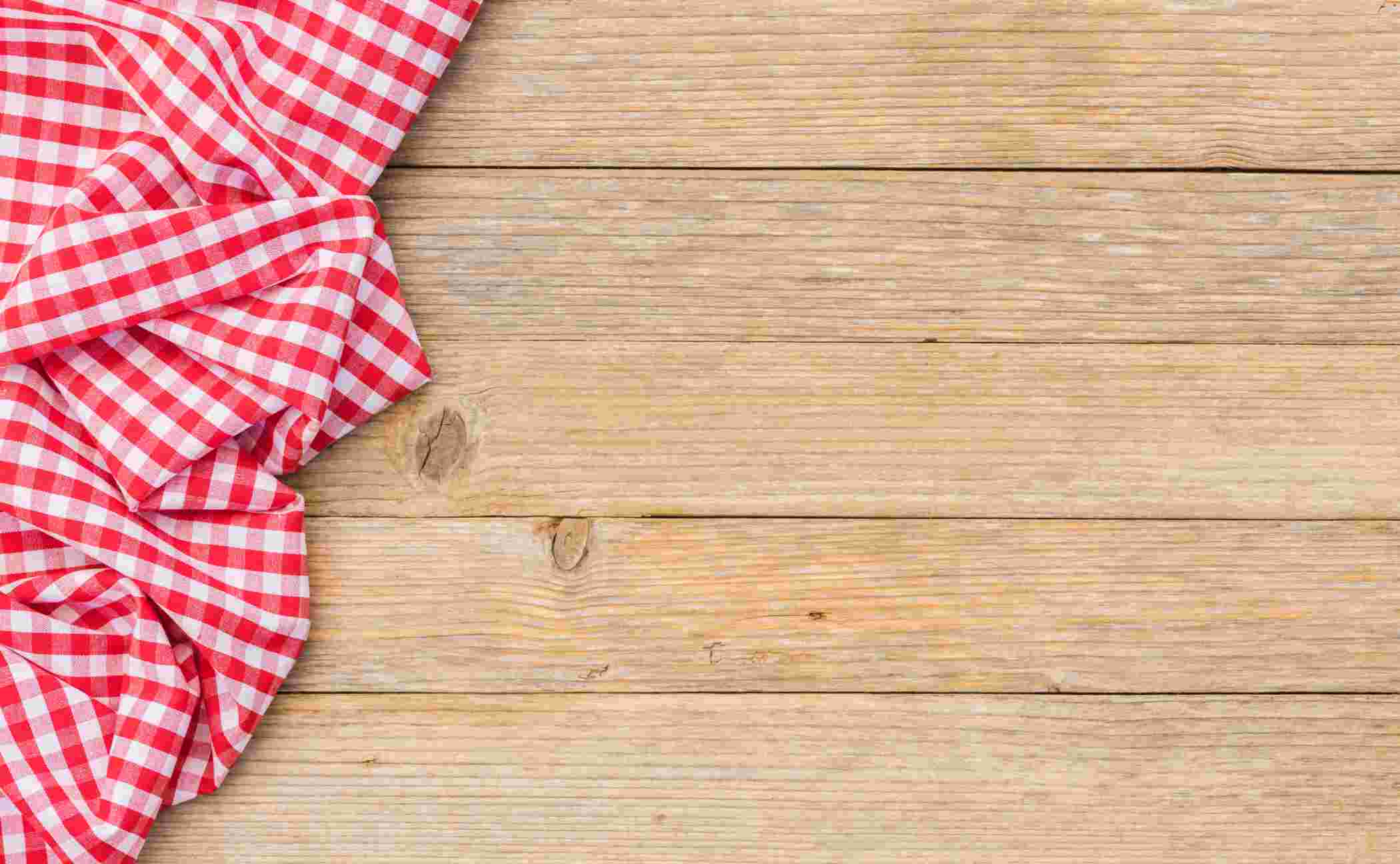Top 10 Most Popular Home decor Fabric Among Consumers

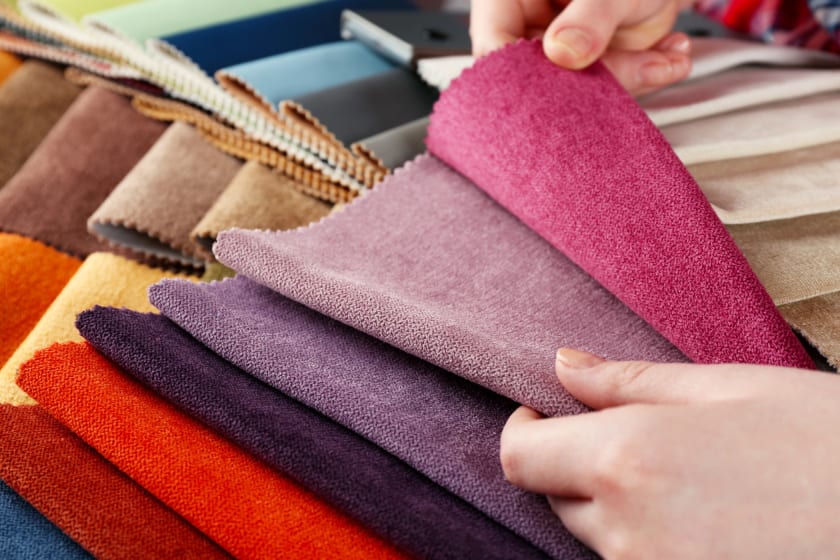

Designing a cozy and aesthetic home is one of everyone's greatest desires. The furnishing styles, art, room color, flooring, ceiling, fittings and lighting, carpets, rugs, window coverings, accessories, etc., all form part of Home decor. The options and choices for selecting the appropriate decor are sizable. They enhance and beautify the rooms and other spaces, ultimately becoming visually alluring. Many people take on home decor as a personal hobby and make decisions and choices independently. Few others recruit professionals to take up this task.
On a somewhat larger note, fabrics constitute a more significant part of home decor ranging from furniture like sofas, cushioned chairs, stools, poufs, ottomans, cushions, throws, tables runners, carpets, and rugs. Before you make a choice, let us probe deeper into the uses of different materials, along with their flair and upkeep. Choosing the apt fabric with a desirable texture and shade is essential.
Top fabrics used in home decor:
The most commonly used fabrics in home decor and interiors are:
Natural fabrics :
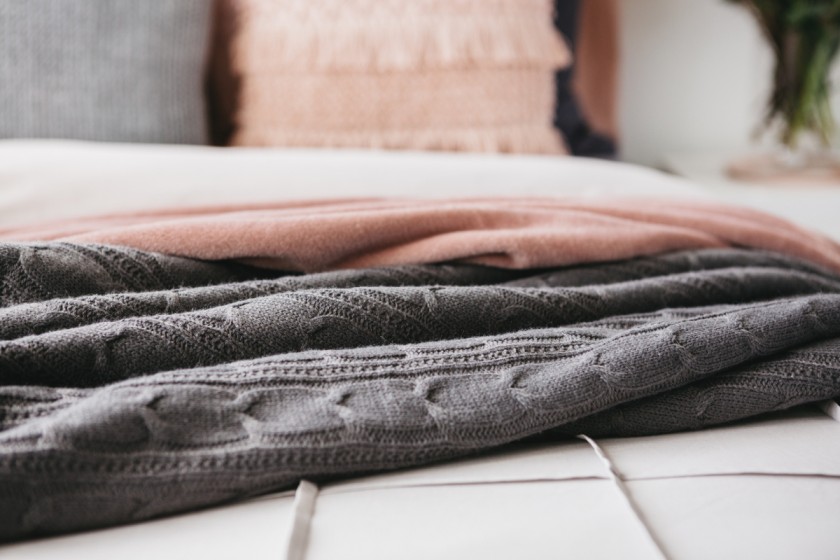
Natural fabrics are usually made from natural fibers from plant or animal-based resources. These natural fabrics undergo many processes to retain the divine nature of such threads. Some of the natural materials include:
1. Cotton: This fabric is the most commonly used for furnishing homes and is durable and convenient to clean. Cotton is a popular home decor fabric, which lines up from lower prices to luxurious ones. Some luxurious fabrics restrain from fading and peeling but do tend to shrink in due course of time. It can be a receptacle to stains as well.
2. Linen: This fabric is derived from the fibers of flax plants and is light in weight, and tends to shrink quickly. These fabrics do not retain moisture and dry up quickly. Linen remains one of the luxurious natural fabrics for furnishings and home decor.
3. Silk: The most elegant and expensive fabric is mainly preferred to seclude informal spaces. Since silk would be confined to formal and least used areas, there are fewer chances that this fabric would tarnish over-usage.
4. Leather and suede: Leather is the most durable option to hold up against stains, and is mainly preferred for furniture. The suede texture gives a chic finish, and the product looks stunning with its fanciful tinge.
Synthetic Fabrics:
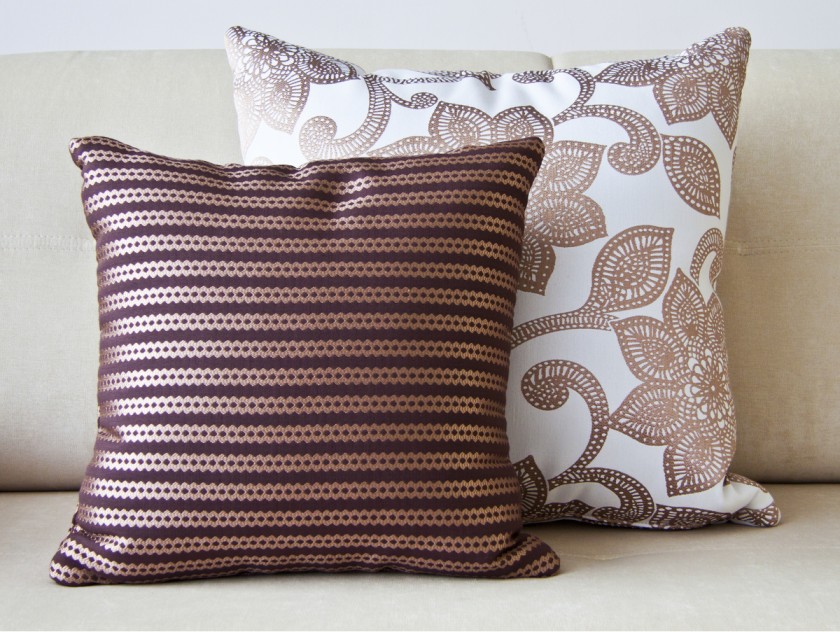
Artificial fibers make synthetic fabrics through chemical processes. These fabrics do not have any natural fibers in them. Their raw materials are primarily extracted from petrochemicals and chemicals polymerized with carbon atoms. Some of these synthetic fabrics include:
1. Polyester: Polyester is the most popular fabric option for fashion and clothing, is the most preferred home decor fabric as it is artificial and durable. It is resistant to wrinkling, stains, and stretching. It very much retains its shape and is a quick-drying fabric.
2. Rayon: This fabric comprises a semi-synthetic fiber and does not insulate body heat. This fabric is blended with wood pulp, cotton, and other synthetic fibers that can imitate the texture and looks of silk and a few other natural materials. Rayon does shrink over time and is highly absorbent.
3. Acrylic: This fabric is used to replace wool and is easy to clean, has a higher level of resistance to staining, and doesn't fade quickly.
4. Olefin: This is also an artificial fabric but is more robust and sturdier than the other fabrics. It has a high level of water resistance and can be used as rugs or runners. Olefin can also protect the area over which it is placed.
5. Nylon: Nylon, made up of synthetic polymers, is well preferred for clothing. Similarly, customers choose it on a fairly regular basis. It is inexpensive and has a dense molecular structure that prevents the fabric from mildew. It is firm and highly elastic, and it is an excellent choice for home decor. Nylon is often used in curtains.
Blended Fabrics:
These fabrics are a blend of both natural and synthetic fibers. Many home decor fabrics are blended to arrive at the desired texture to improve the quality and capitalize on the qualities of multiple fabrics together. Some of these blended fabrics are:
1. Chenille: Chenille fabrics are commonly a blend of synthetic fibers with cotton. A chenille fabric made up of 100% cotton is used to manufacture throws, blankets, etc., consisting of incredibly soft fibers. Chenille fibers have a good drape. Though they are thick and durable, they absorb water and retain heat.
2. Velvet: This perfectly plushy fabric blends mostly silk fibers and other fibers like cotton, wool, nylon, polyester, and rayon. This luxurious fabric has a unique softness and sheen and has a beautiful and elegant drape. It must be treated with utmost care and professionally cleaned if stained or dirty.
Home decor fabrics having a plain texture have solid and vibrant colors and are a sight for sore eyes. Patterned fabrics are mostly embroidered, woven, hand block printed, or embossed. A different method is used in the ikat fabric, where the yarns are priorly dyed before the fabric is woven.
Fabrics used for upholstery should be chosen carefully based on the durability and resistance of the material. Thick and heavy fabrics are well suited for armchairs, stools, headboards, etc.
Fabrics that are sheer and not heavy in weight can be used for draping. Delicate materials like silk, which needs utmost care, should not be used on a day-to-day basis. Regular use may lead these fabrics to wear away quickly.
Another decor, like the macrame art, has a patterned structure and has various color preferences to be suited to the background of the wall and other furniture. Blending a trendy and traditional fusion of home decor fabrics delivers a visual treat to many people.
Conclusion
The home decor fabric needs to be chosen with utmost care and caution, depending upon the decor style, well suited for the particular environment. The climatic factors, the area at which the decor is being placed, the usage, the reachability, and the chances of being worn out by wear and tear or continuous usage have to be considered before choosing the fabric.
The fabrics play a significant role in enriching the space or surroundings. Too many patterned fabrics crowded in one room would not look attractive. A perfect blend of solid colors and patterns has to be chosen along with the decor. Choosing the right texture, pattern, and color of the decor for a particular area based on the place's interiors is at once challenging and interesting.
Visit Fashinza, a leading fashion exporter in the country, to source fabrics for your brand.















